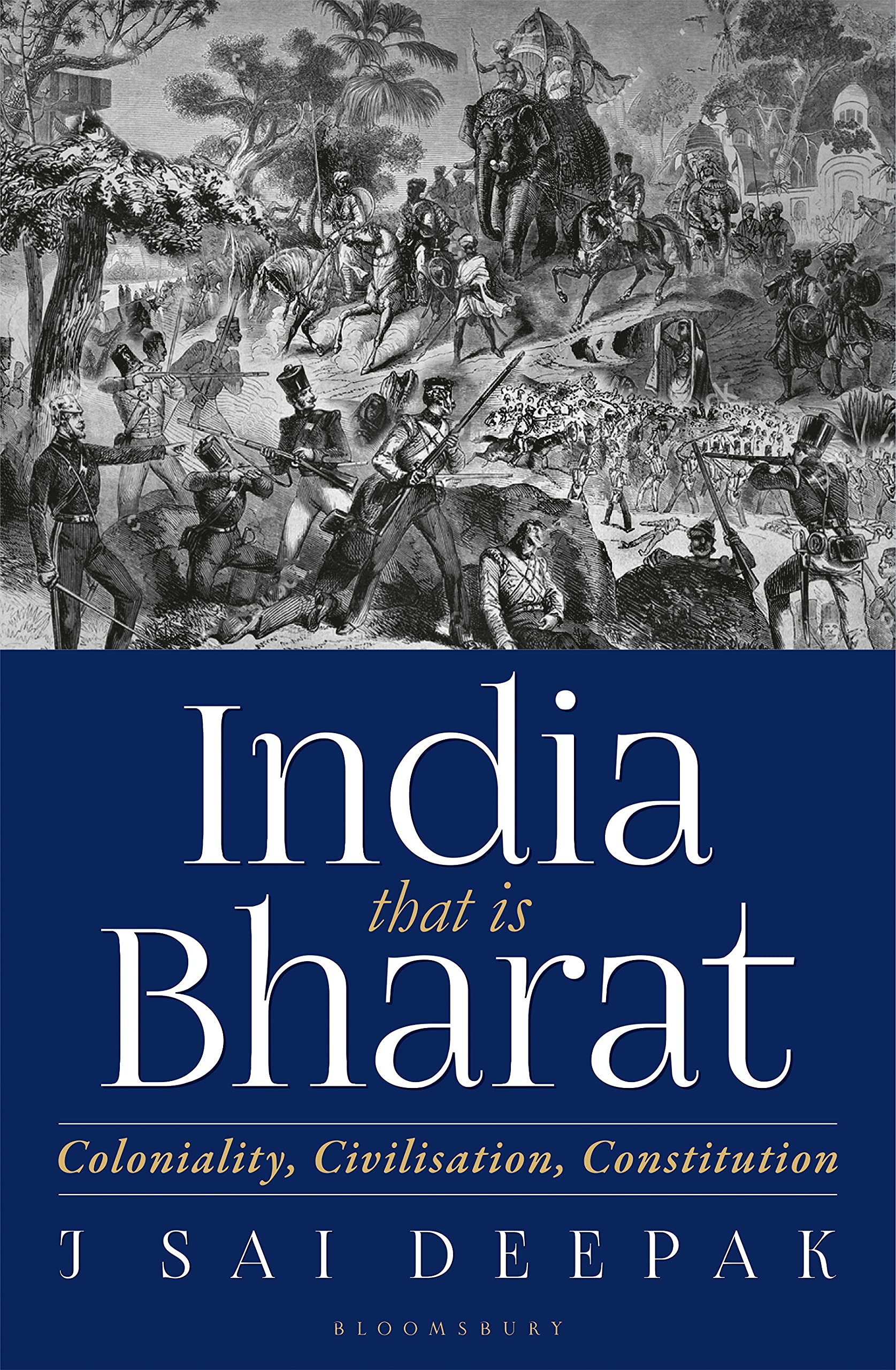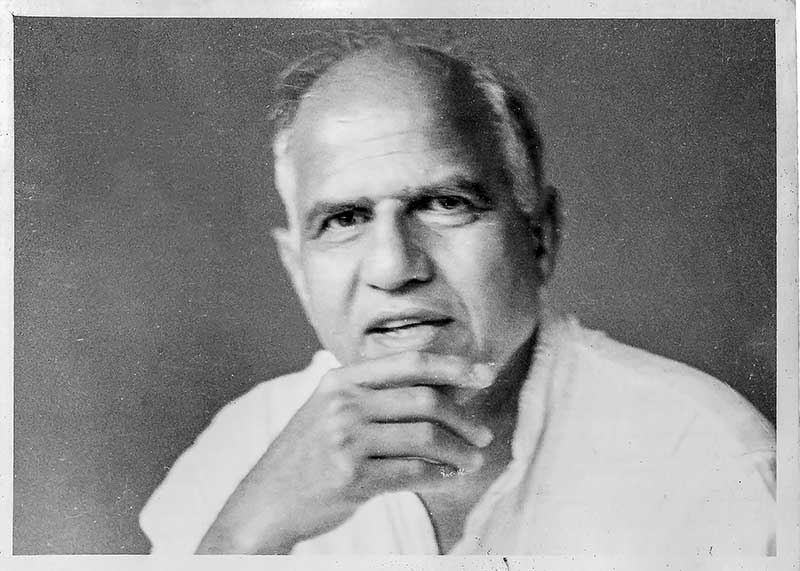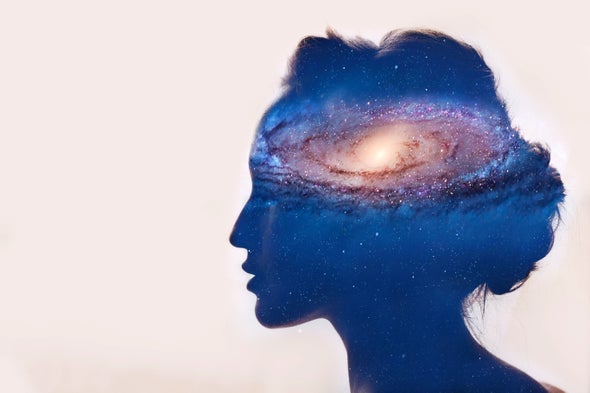- Visitor:27
- Published on:
India That is Bharat. Breaking Out of the Postcolonial Rut.
India that is Bharat does not just crib and complain, it charts a path for the restoration of our subjectivity and cultural and civilizational agency.

Understanding Postcolonialism
What is ‘postcolonialism’? I would term it a theoretical corpus comprising a range of reflections on colonialism. These might be made with a variety of intents, as one learns from Leela Gandhi’s concise and compelling introduction to postcolonial theory [1] Partly, it seems, postcolonialism is simply about remembering the colonial past. It recollects and commemorates the violence, exploitation, ruptures, and loss of agency that colonialism entailed for the once colonized. Postcolonialism precludes “self-willed historical amnesia”[2] by committing itself to a “complex project of historical and psychological recovery.”[3] What history and psychology does postcolonialism recover? One of slavery and servitude. As Gandhi writes, postcolonialism attempts to “reveal the colonizer and colonized as a historical incarnation of Hegel’s master and slave.”[4] Then, postcolonialism examines “western domination” as an “unwholesome alliance between power and knowledge.”[5] This would mean that another agenda item for postcolonial theory is looking at the various cognitive frames and endeavors which fed into and sustained colonial systems and structures. Finally, one learns from Leela Gandhi, postcolonialism considers and highlights the ‘othering’ binaries – maturity/immaturity, civilization/barbarism, developed/developing, progressive/primitive – with which colonialism legitimized itself [6] That is, postcolonialism dwells on how societies were branded puerile, backward and in need of Western ‘civilization’ by colonizers just so that their subjugation may be justified.
To the extent that I am familiar with the postcolonial corpus, Aime Cesaire and Frantz Fenon are the most eloquent representatives of its commemorative tendency. Cesaire identifies the “decisive actors” of colonialism as being the “adventurer and the pirate, the wholesale grocer and the ship owner, the gold digger and the merchant, appetite and force.”[7] In other words, it appears, in Cesaire’s imagination colonialism is identical with predatorial mercantilism, pillage, greed, and, of course, brutish application of might. Cesaire is unequivocal in terming colonialism not “human contact, but relations of domination and submission.”[8] Colonialism, he laments, enslaved and violently destroyed old, cherished ways of life – it tore “millions of men” away from “their gods, their lands, their habits….”[9] Fanon sees colonialism as a system of persistent violence wherein the exploitation of the native “was carried on by dint of a great array of bayonets and cannon.”[10] Like Cesaire he too acknowledges that colonialism wreaked “cultural obliteration”. It was done, Fanon pointed out, through “new legal relations”, “banishment of the natives and their customs to outlying districts by colonial society”, “expropriation”, and “the systematic enslavement of men and women.”[11]
Not all postcolonial theorists and thinkers come from non-Western societies. One of the best studies of the symbiosis of colonial knowledge and structures of power is done by the American anthropologist B.S. Cohn. In his slim but extremely illuminating study Colonialism and its Forms of Knowledge Cohn writes about how the British efforts in India to classify and categorize were embedded in a broader “colonial project” and shaped a number of “investigative modalities.”[12] He explains an ‘investigative modality’ as a definition of required information, procedures through which it is gathered, its ordering and classification, and, finally, conversion into “usable forms” such as “reports, statistical returns, histories, gazetteers, legal codes, and encyclopaedias.”[13] It is, of course, superfluous to emphasize that the British colonial administration in India throughout depended on such large scale gathering, organization and publication of information. A similar examination of the collusion between information and colonial power has been done by the British historian C.A. Bayly in his monograph Empire and Information. The work is largely an account of how the British coopted the “information order” – the surveillance and intelligence gathering networks – of the preceding Hindu and Muslim rulers as they established and secured their administration in India.[14] Moving on, Arvind Sharma observes how the beginnings of “serious Indology” coincided with the acquisition of political power by the British in India. This expressed a need to be “informed about the ‘natives’”.[15]
Along with large scale epistemic efforts, ‘othering’ the ‘native’ as a lesser human type was a proclivity that colonialism demonstrated everywhere. Frantz Fanon, for instance, reports as to how the native would be termed the “quintessence of evil” and “insensible to ethics”[16] by the colonialists, presumably to find a convincing excuse for his subjugation. The colonial condemnation of the non-Western peoples as depraved and backward from the cultural and civilizational point of view is so consistent that it may be legitimately termed a discourse. It has been documented and analyzed by Edward W. Said in considerable detail in his seminal study Orientalism.[17] Arguably the most well-known postcolonial scholar, Said primarily focuses in this work on the representations of Arabs and Islam in English and French scholarship to show how Europeans exoticized and essentialized an ‘oriental’, or eastern, people and their religion as innately irrational and primitive. One could read Ronald Inden’s Imagining India[18] as a companion volume to Said’s Orientalism. It highlights and examines the ways in which the Western imagination essentialized, and one might say ‘othered’, India as a society motivated by caste and Hinduism to the extent that it lacked any real agency.
Postcolonial thought and scholarship have taken other forms too. For instance, a consideration of the psychologies, subjectivities, and intellectual and cultural responses that colonialism engendered in the colonized subject. This is done by Tapan Raychaudhuri in Europe Reconsidered[19] and Ashis Nandy in the Intimate Enemy.[20] And then, sometimes, we see postcolonial thought dilating on a colonial society’s lacks, either intellectually or in relation to Western ‘modernity’. Partha Chatterjee, thus, examines the modal unoriginality of Indian nationalism.[21] Dipesh Chakrabarty, on the other hand, if I have understood him right, cautions us against casting India in a global narrative of capital and the bourgeoisie.[22]
From the ‘Postcolonial’ to ‘Decolonial’
Postcolonial thought, as I have tried to illustrate, documents the manners in which colonialism recast the colonial subject, taxonomized and represented him, and deprived him of agency. In my view, the primary limitation of postcolonial thought is that it is a mere litany of complaints. It seeks to understand colonialism in a staggered and disjointed fashion as a diversity of evils perpetrated upon the colonized subject. Consequently, it fails to provide a systematic and holistic analysis of colonialism. Nor does postcolonial thought understand the exact processes through which colonialism caused a loss or erosion of the subjecthood of non-Western peoples. Hence, it is unbale to suggest means to retrieve or repair this subjecthood. I would say that, at times, it is even complicit with the colonial representations of non-Western societies as being ‘deficient’ or ‘lacking’ in one form or the other. Think of these interventions by Partha Chatterjee and Dipesh Chakrabarty that I allude to above. The limitations, along with, might I say, the occasional perfidy, of postcolonial thought call for a fresh approach. One finds it in J. Sai Deepak’s India that is Bharat.
In my view, India that is Bharat is a hugely important intervention. To begin with, it provides us with a wide-ranging conceptual expression for the loss of subjecthood suffered by the colonized – it is ‘coloniality’. ‘Coloniality’, we learn early in the book, encompassed the efforts of the metropole to shape a subjugated society in its own image.[23] These involved, to derive a couple of examples from Mr. Deepak’s account, coopting its elite and reconfiguring its relationship with nature – European colonizers brought their own anthropocentrism and tendency to treat nature as a mere resource wherever they went. Then, the colonizers destroyed indigenous knowledge systems, replacing them with an education that upheld the “‘unquestioned superiority and supremacy’ of the Whites.”[24] India that is Bharat unambiguously maintains that colonialism was underpinned by an ethno-religious consciousness, that is, a belief in the superiority of European civilization and Christianity. This would mean that coloniality too, its diverse manifestations notwithstanding, eventually rested on this consciousness. Mr. Deepak, thus, as it seems to me, apprehends colonialism and coloniality as primarily ideological efforts.
The further agents of coloniality that Mr. Deepak identifies are international law and Enlightenment thought. The roots of both are traced to Christianity. This is because, historically, international law stems from the Treaty of Westphalia (1648) which was a ‘Christian Peace’[25] concluded between the Catholic and Protestant camps after thirty years of warfare. The Enlightenment thinkers, on the other hand, are correctly identified as devout Christians. At this point, we begin to realize that coloniality survives in the postcolonial, non-Western state forms through the agency of legal and constitutional practice. Westphalian law and international order enforce Eurocentric notions upon non-Western states, Mr Deepak points out, while Protestant Christian notions infiltrate their constitutions through Enlightenment ideas. Due to this, we learn, postcolonial, non-Western state forms and constitutionalism are under the thrall of a European OET (Ontology Epistemology Theology) and prone to taking an uncharitable and aggressively ‘reformist’ attitude towards indigenous traditions. OET is a truly remarkable conceptual coinage and by far the most important achievement of India that is Bharat. It captures, as I understand, Europe in the form of a continuum – a somewhat Hegelian ‘spirit’, a system of knowledge, and a worldview determined by Christianity. Mr. Deepak, as I see, contends that the Indian state and constitution are tinged by European OET too. However, it is possible to efface its imprint on our polity and legality, the book seems to suggest, through an assertion of ‘indigeneity’, or the native, non-Western subjectivity. Reassuringly, it seems that the Indian constitution provides scope for the assertion of Indian ‘indigeneity’. This is because the framers of the Indian constitution, as Mr. Deepak discusses in some detail, acknowledged the civilizational character of the post-independence Indian state by giving it the sobriquet ‘Bharat’.
India that is Bharat extensively documents the Christian evangelical intent of British colonialism in India, quoting several acts passed by the British parliament along with the protestations of MPs. We see that the essentially Christian worldview that underlay the colonial state informed its apprehension of Indian society and culture. For instance, the British derision for Brahmins evoked the Protestant distaste for the Catholic priesthood; apparently, the Brahmins were seen as its equivalent. Similarly, we find that the colonial state approached Hinduism through an essentially Christian framework. It took a “doctrinal and scriptural” approach”[26] towards Hinduism and tolerated only those practices which enjoyed textual sanction, the rest were termed superstition and immorality “warranting State interference.”[27] The far-reaching implication of this observation by Mr. Deepak is that many state backed reformist attempts in India might actually hearken to coloniality. As it winds to its conclusion, India that is Bharat contends that the constitutional development of India occurred within a Christian framework too. Mr. Deepak studies the many Government of India Acts that were passed between 1858 and 1919-20 and points out that they demonstrated a Christian intent. The Constituent Assembly of India thus “consciously or unconsciously”[28] operated within the colonial OET.
In my view, J. Sai Deepak has emancipated us from the rut that postcolonial thought has become. India that is Bharat does not just crib and complain, it charts a path for the restoration of our subjectivity and cultural and civilizational agency. It does so with its simple yet powerful message – ‘that colonialism and coloniality were expressions of an ideology and worldview informed by Christianity and the legal and constitutional discourse of a postcolonial, non-Western state form such as India are still colored by it’. By making this point the book sets a coherent and cogent decolonial agenda – the Indian state must embrace the indigenous subjectivity so that it ceases to be an agent of coloniality in relation to the society it governs. In other words, Mr. Deepak seems to be urging the Indian state to acquire an Indic self and persona.
Center for Indic Studies is now on Telegram. For regular updates on Indic Varta, Indic Talks and Indic Courses at CIS, please subscribe to our telegram channel !
[1] Postcolonial Theory. A Critical Introduction (New Delhi: OUP, 1999).
[2] Ibid., p.7.
[3] Ibid., p.8.
[4] Ibid., p.17.
[5] Ibid., p.25.
[6] Ibid., p.32.
[7] Discourse on Colonialism. Translated by Joan Pinkham (New York: Monthly Review Press, 2000), p.33.
[8] Ibid., p.42.
[9] Ibid., p.43.
[10] The Wretched of the Earth (Penguin Books, 2001), p.28.
[11] Ibid., p.190.
[12] Colonialism and its Forms of Knowledge. The British in India (Princeton, New Jersey: Princeton University Press, 1996), p.5.
[13] Ibid.
[14] See Empire and Information. Intelligence Gathering and Social Communication in India, 1780-1870 (CUP, 1996).
[15] The Ruler’s Gaze. A Study of British Rule Over India from a Saidian Perspective (HarperCollins Publishers India, 2017), p.21.
[16] The Wretched of the Earth, p.32.
[17] Orientalism. Western Conceptions of the Orient (Penguin Books, 1995).
[18] Imagining India (London: Hurst & Company, 2000).
[19] Europe Reconsidered. Perceptions of the West in Nineteenth Century Bengal (Delhi, Bombay, Calcutta, Madras: OUP, 1989 [Second Impression]).
[20] The Intimate Enemy. Loss and Recovery of Self under Colonialism (New Delhi: OUP, 2009 [Second Edition]).
[21] See Nationalist Thought and the Colonial World. A derivative Discourse (London: Zed Books, 1993 [Second Impression]).
[22] See Provincializing Europe. Postcolonial Thought and Historical Difference (Princeton and Oxford: Princeton University Press, 2000).
[23] India that is Bharat. Coloniality, Civilization, Constitution (New Delhi; Bloomsbury India, 2021), p.26.
[24] Ibid., p.71.
[25] Ibid., p.94.
[26] Ibid., p.279.
[27] Ibid.
[28] Ibid., p.348.
- 13 min read
- 0
- 0










